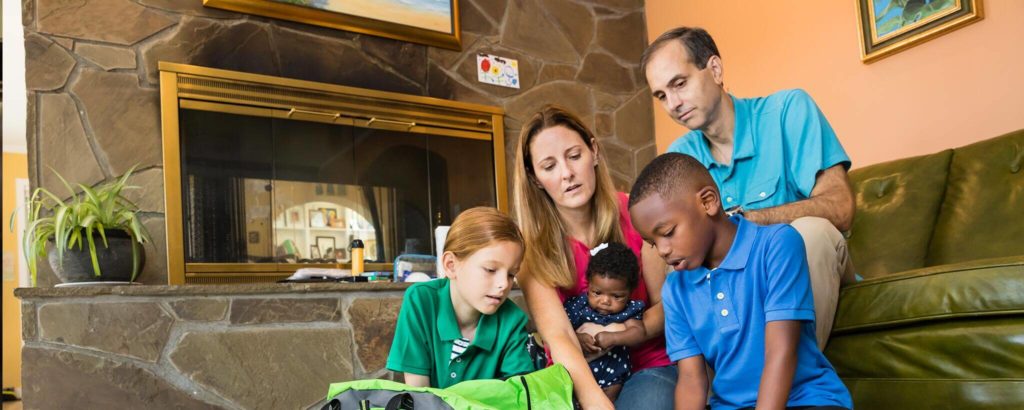In times of uncertainty, the last thing anyone wants to deal with is an emergency.
Disasters can happen at any time whether a natural disaster — like a tornado, lightning strike, or flood — or a house fire. The key to getting through such events is to be prepared ahead of time, especially during a pandemic such as COVID-19.
Being prepared has several key advantages. For one, it brings peace of mind and can reduce anxiety surrounding these events. For another, being prepared can reduce the impact of the disaster itself. Older adults have an advantage in this area because they have experienced more in their lifetime and know their ability under pressure.
Below are some simple steps to take to prepare for emergencies:
- Leave an extra set of house keys with a neighbor.
- Consider an emergency alert system.
- Be sure smoke/CO2 detectors function and are audible.
- Keep flashlights & batteries easily accessible.
- Post important phone numbers in a visible place.
- Maintain an updated list of medications and medical contact information as well as a copy of your insurance card in an easily accessible place. Inform other friends or family members where these critical items so they can advocate for you, if necessary.
- Create a disaster preparedness kit and keep it well stocked.
- In an emergency, be sure to monitor calls to evacuate or seek shelter and follow accordingly.
- If you are in a public place and an emergency occurs, scope out your exit plan (including emergency exits) should you need to do so.
- Establish a safe place for you and your family members to gather in the event you become separated in an emergency.
The Red Cross website offers specific guidance for preparing for different disaster scenarios. There are also helpful online resources regarding emergency planning for people with limited mobility and other health considerations. Locally, Nashville.gov also includes tips for creating an emergency kit.
Long-term planning is a different approach to preparedness.
Talk with loved ones about your wishes ahead of time in the event you are incapacitated and cannot express your wishes.
- Complete an Advance Care Plan to formally state the advanced medical treatment you wish to have.
- Appoint a trusted person as Power of Attorney for healthcare and/or financial decisions in case of emergency.
Delay in having a concrete action plan for what to do in a disaster may spell disaster in the future, so make a plan today. The FiftyForward Care Team care managers are available to offer advice and assistance in planning so you can be as prepared as possible for whatever life has in store. For more information, call (615) 743-3436.



